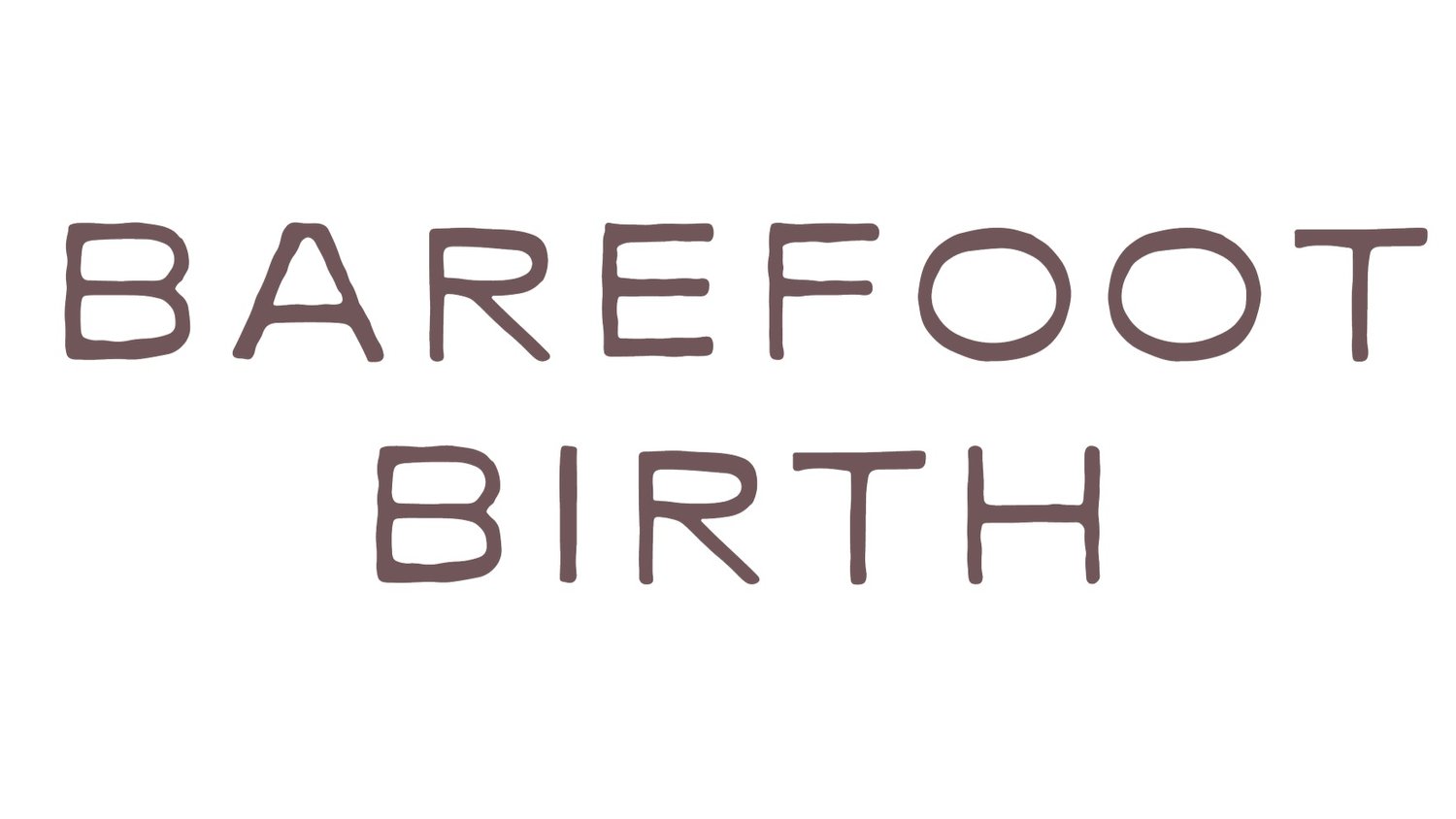PROM: The obnoxious birth ruin-er no one talks about | Tampa Home Birth Midwifery
In the last few months we have noticed a huge rise in the number women who experience Premature Rupture of Membranes aka PROM in our own practice. While things in midwifery can be cyclical we thought with so many cases it was reason for pause. This particular situation often catches women off guard as does our outdated state protocol of needing to transfer their care to the hospital if active labor does not begin on its own within 12 hours.
What is PROM? Well, clinically we define PROM as rupture of the amniotic fluid membranes AT TERM 1 hour or more before the onset of active labor contractions. ALLEGEDLY it occurs in only about 8% of pregnancies. There is also PPROM which is Preterm Premature Rupture of Membranes which is when the membranes rupture before 36 weeks gestation. There is also prolonged rupture of membranes which is when membranes have been ruptured for more than 24 hours.
In a homebirth practice PROM can quickly become a non-emergency transfer to the hospital for labor augmentation. For planned hospital births it can mean early intervention and a big change in birthing plans for those seeking a low intervention approach. For most women their water may break as the first sign of labor and regular contractions soon follow. For others though, their water breaks and then it is just crickets. Anxiety builds about care guidelines and looming intervention which does not help to facilitate labor. While some providers may be comfortable with expectant management if a client's history is normal a 2017 systematic review of 23 randomized/quasi-randomized trials of women with PROM at ≥37 weeks of gestation compared pregnancy outcome of planned early intervention versus expectant management and found that compared with expectant management, planned early intervention resulted in:
+A reduction in maternal chorioamnionitis and/or endometritis (54/1000 versus 110/1000; RR 0.49, 95% CI 0.33-0.72)
+A reduction in admission to a neonatal special care or intensive care unit (RR 0.75, 95% CI 0.66-0.85)
+No increase in cesarean delivery (126/1000 versus 150/1000; RR 0.84, 95% CI 0.69-1.04)
+Nonstatistical reductions in definite early onset neonatal sepsis (12/1000 versus 22/1000; RR 0.57, 95% CI 0.24-1.33) and perinatal mortality (1/1000 versus 2/1000; RR 0.47, 95% CI 0.13-1.66)
This information should be a part of a family's informed decision making process.
This post is not to talk about MANAGEMENT of PROM though. We want to address PREVENTING PROM in the first place!
So what are pregnant folks to do!?
+100mg Vitamin C daily is a cheap and easily accessible option and has been clinically proven to help prevent PPROM in women who have previously experienced PPROM.
+Anecdotally, taking Bioflavinoids can also potentially help to prevent PROM by strengthening the amniotic sac. Look for a Vitamin C supplement that includes 600-1200mg of Bioflavinoids beginning at 28 weeks.
+Eating 6-8 dates beginning at 36 weeks has also been proven to shorten the active phase of labor according to this study.
+Focus prenatally on optimal fetal positioning. We offer a 2nd trimester for clients to focus on optimal positioning as well as encourage the use of the famous Spinning Babies website and video archive.
+Focus on a whole foods diet with limited simple carbs and refined sugar. Spend AT LEAST 3-4 days per week doing some type of body moving! Walking, swimming, light wt lifting, yoga, and other low impact exercises are so important in pregnancy. When we see women focus on their diets being clean and moving their bodies regularly their outcomes are significantly better.
+If you are an extremely active person (see also: professional athlete, yoga instructor, etc..) who does many of the same highly strenuous movements regularly it may be a good idea to balance out your high impact work with regular mobility work, relaxation exercises, and free form movements like belly dancing or water aerobics like Watsu. This will help to balance the pelvic floor and prevent fetal malposition which can lead to PROM.
+Address any possible urinary or vaginal infections quickly and effectively. Urinary tract infections, Bacterial Vaginosis, yeast, and STIs can all potentially lead to PROM. Your care provider can test for these as well as do a test of cure once you believe you have successfully treated the infection.



